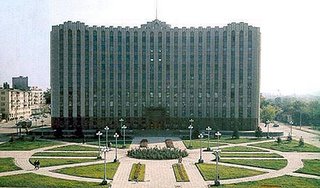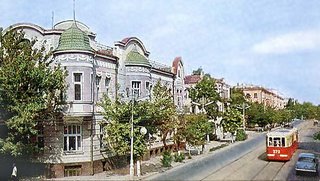The heretic RaMCHaL?
The turning point in Luzzatto's life came at the age of twenty, when he made the claim that he was receiving direct instruction from a mystical being known as the maggid. While such stories were not unknown in kabbalistic circles, it was unheard of for someone of such a young age. His peers were enthralled by his written accounts of these "Divine lessons," but the leading Italian rabbinical authorities were highly skeptical and threatened to excommunicate him. Just one hundred years earlier another young mystic, Shabbatai Zevi (d.1676), had rocked the Jewish world by claiming to be the Messiah. Although, at one point, Zevi had convinced almost all European and Middle Eastern rabbis of his claim, the episode ended with him recanting and converting to Islam becoming an apostate to Judaism. The global Jewish community was still reeling from that, and the similarities between Luzzatto's writings and Zevi's were perceived as being especially dangerous.
These writings, only some of which have survived, describe Luzzatto's belief that he and his followers were key figures in a messianic drama that was about to take place. He identified one of his followers as the Messiah son of David, but assumed for himself the role of Moses, claiming that he was that biblical figure's reincarnation. According to his writings, Moses was ranked higher than the Messiah and was the real catalyst for the Redemption. Furthermore, he described all of his corporeal actions as a playing out of the redemptive process: his wedding and the consummation of his marriage, for example, were explained as representing the necessary union of the male and female aspects of the mystical Judaic notion of the Godhead according to Judaism.
Threatened with excommunication, Luzzatto finally swore not to write the maggid's lessons or teach mysticism. In 1735, Luzzatto left Italy for Amsterdam, believing that in the more liberal environment there, he would be able to pursue his mystical interests. Passing through Germany, he appealed to the local rabbinical authorities to protect him from the threats of the Italian rabbis. They refused and forced him to sign a document stating that all the teachings of the maggid were false. Most of his writings were burned, though some did survive.
I assume that people are aware of these events in the RaMCHaL's life. Does no one find this disturbing? Why would we be studying a man's writing who was so out there that he was threatened with excommunication by the prominent rabbis of his day?









